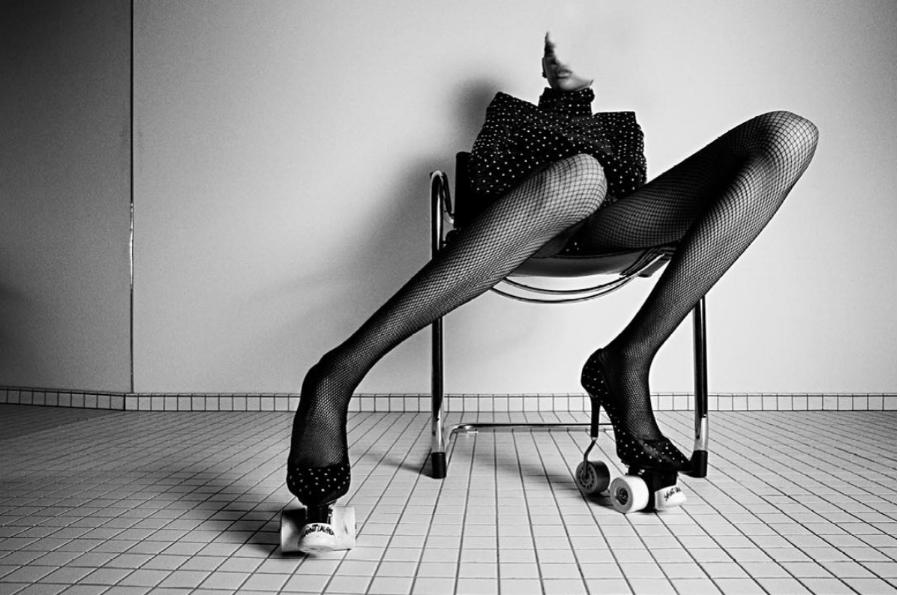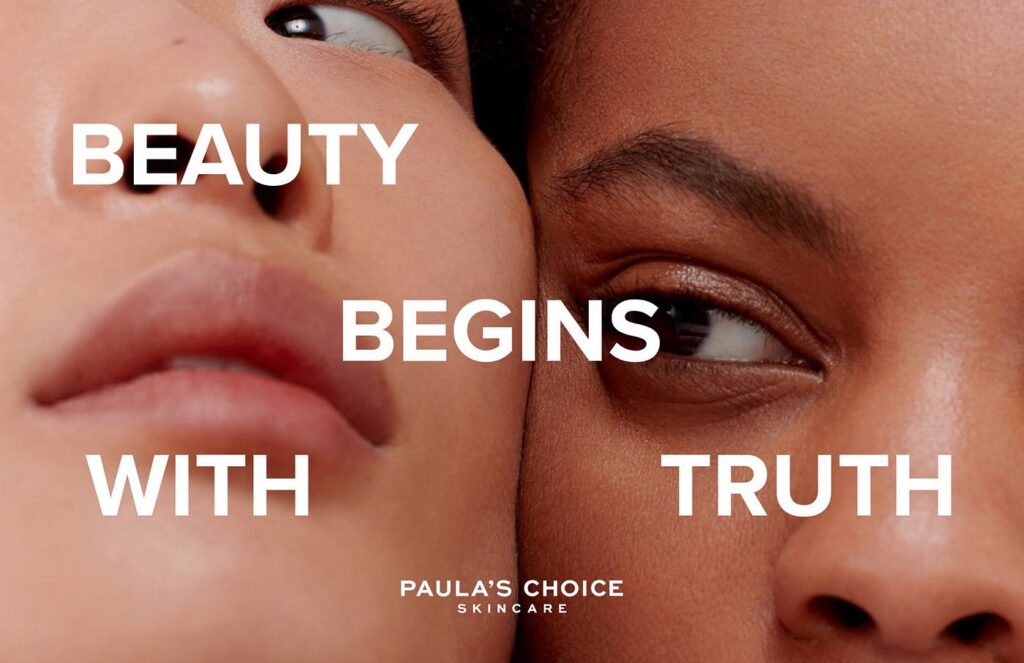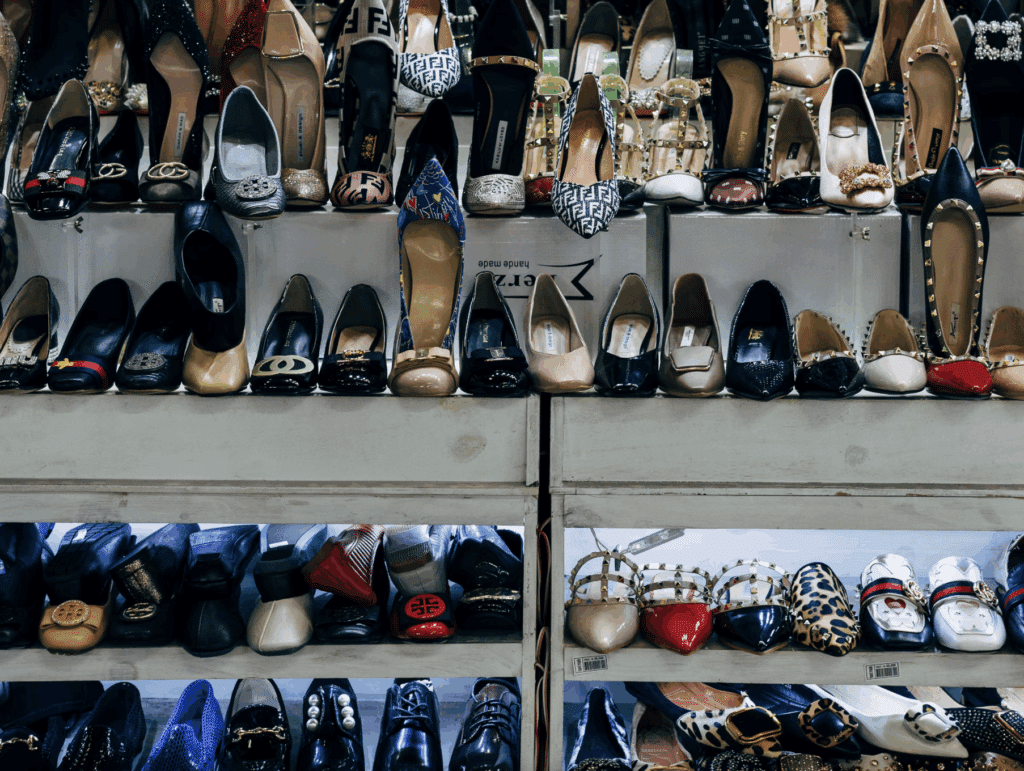
image: YSL
Following from widespread fury over a controversial “porn-chic” campaign by Saint Laurent last year and a larger push to remove sexist and other offensively-themed ad campaigns from the spotlight in light of the #MeToo movement, leading French advertisers and the country’s broadcast watchdog announced that they will launch a nationwide campaign against sexist stereotypes in ads — “from toy trucks marketed for boys to naked women selling vacuum cleaners,” per the Associated Press. The groups signed a charter Tuesday pledging to police advertising to abolish “sexist or sexualized stereotypes” of men, women, girls and boys.
Broadcasters and advertisers will submit a report to the France’s broadcasting watchdog, on their efforts to fight sexism — and will face sanctions for any ads found to be “excessively” sexist.
While signatories are praising the move as part of the larger fight against violence and harassment of women, the fashion industry might not be on board entirely. As reported by the AP, “Some people attending Paris Fashion Week worried the move could infringe on artistic freedom in France’s influential fashion industry.”
The ability of the fashion industry to push the boundaries of decency has been a central focus in recent months as the #MeToo movement continues to upend the industry and some of its most well-established talents. But even before that, brands have come under fire with advertising watchdogs for their overly explicit campaigns.
A 2017 Saint Laurent campaign, for instance, which featured “painfully thin models” in “degrading” poses sparked outrage, with calls for the imagery to be banned. The Paris-based design house’s campaign, which featured what the AFP described at the time as “a reclining woman in a fur coat and fishnet tights opening her legs, and another of a model in a leotard and roller skate stilettos bending over a stool,” was found by the Autorité de Régulation Professionnelle de la Publicity, the French advertising authority, to have “incontestably breached” the national advertising code, which bars all “degrading and humiliating representations of people.”
The new initiative — which joins the “photoshop law” that French legislators enacted law last year requiring brands to label campaign imagery that has been significantly retouched —comes just over a week after Stockholm’s City Council announced the introduction of a ban on racist and sexist advertisements, as already agreed-upon in December by one division of the council.














